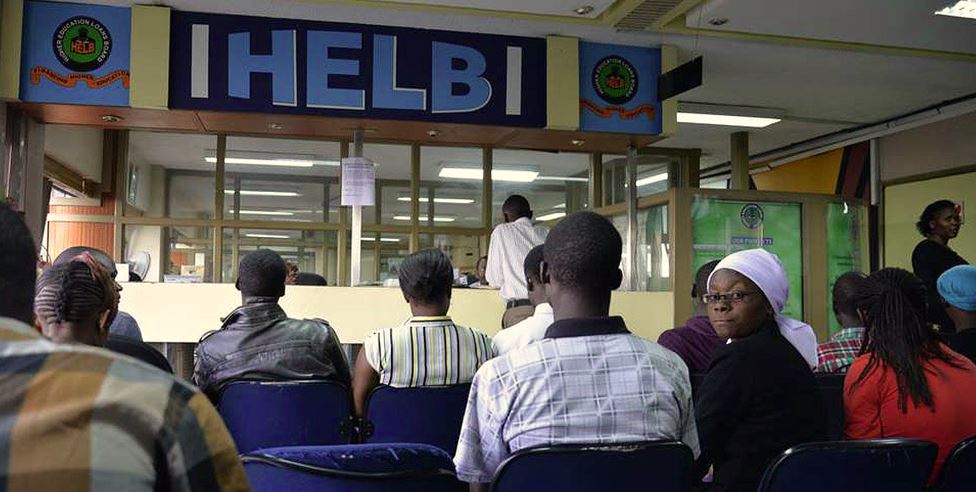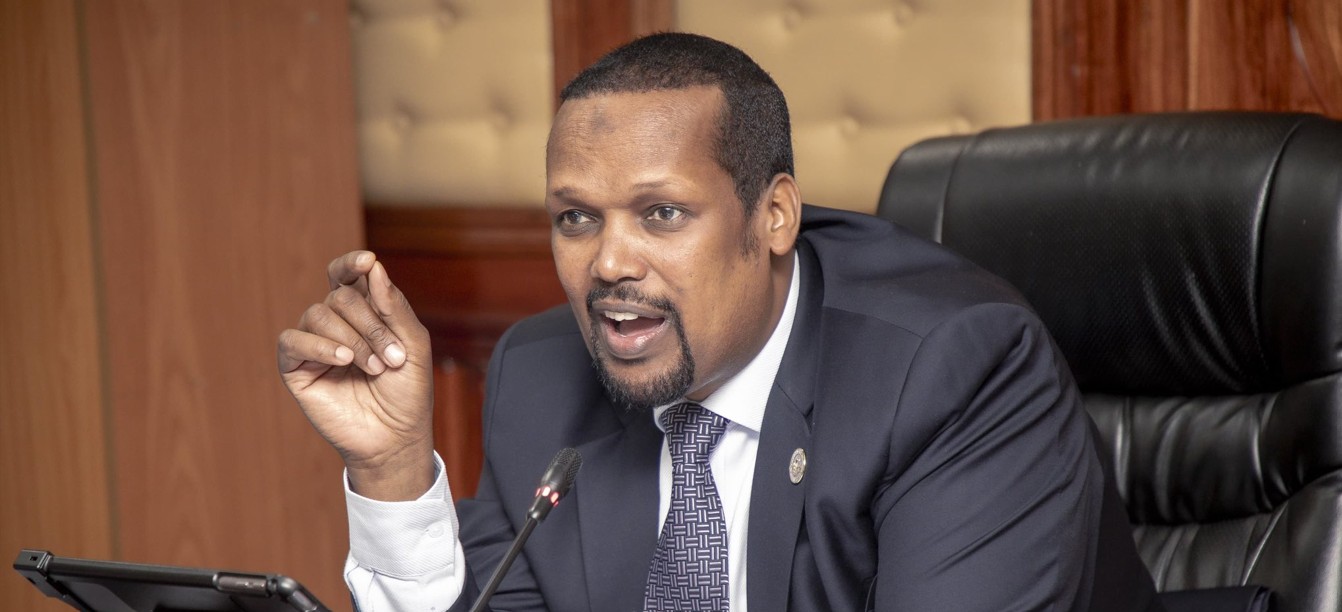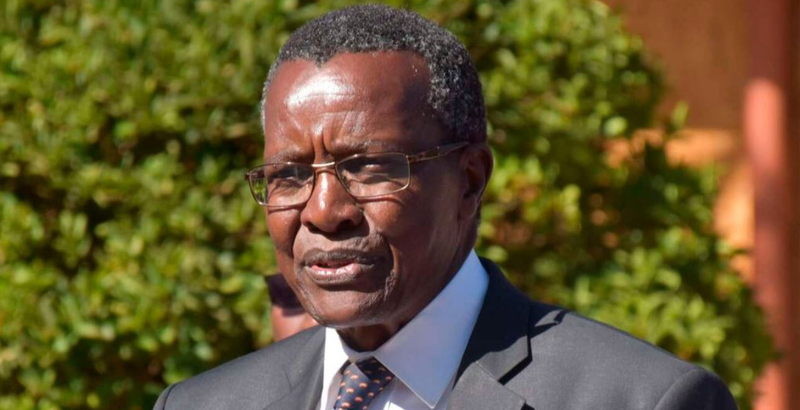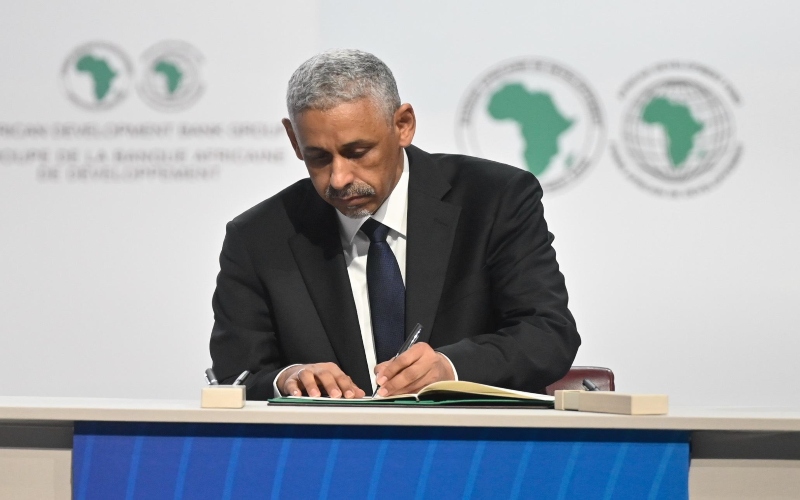Google introduces AI-powered age verification

The AI uses behavioural signals, such as browsing habits and account activity, to estimate if a user is under 18.
Google has unveiled a new artificial intelligence system designed to verify users’ ages more accurately and restrict underage access to certain content.
While this technology is currently rolling out in select countries, it signals significant changes ahead for internet users worldwide, including Kenya.
More To Read
- Google must share search data with competitors, judge rules
- Google’s 'Nano Banana' breaks ground in AI creativity
- Editors, reporters challenged to adopt AI but maintain human oversight
- AI in African newsrooms: Can artificial intelligence help tell Africa’s story accurately and at scale?
- Google says developers distributing Android Apps outside Play Store must verify identity
- AI-powered imaging technology can now detect deadly food toxins, study finds
The AI uses behavioural signals, such as browsing habits and account activity, to estimate if a user is under 18.
Accounts flagged as minors will face restrictions on viewing age-sensitive content, personalised advertising, and other platform features.
Users will also be asked to verify their age by submitting government-issued IDs, selfies, or credit card details if flagged incorrectly.
The move comes after Australia recently took the unprecedented step of banning several social media platforms, including Google’s YouTube and Meta’s Facebook and Instagram, among other social media platforms like Snapchat and X, for those aged 16 years and below, over disputes related to content regulation and data privacy.
The Communications Authority of Kenya (CA) has recently proposed regulations requiring social media users to authenticate their identity with national ID numbers, but it has yet to come into effect.
Other Topics To Read
Top Stories Today












































